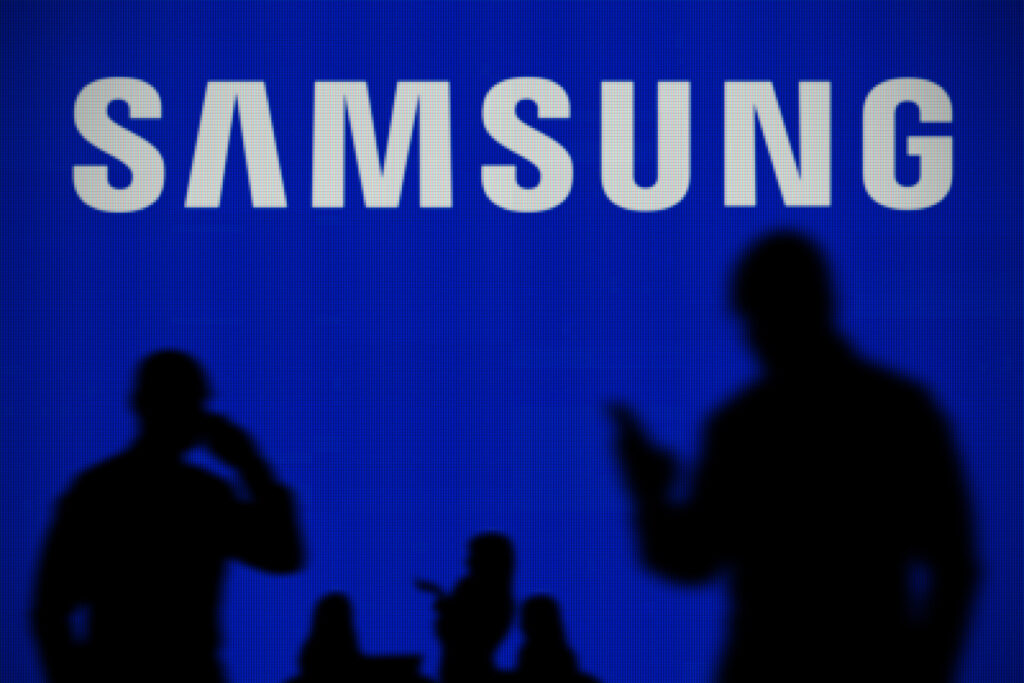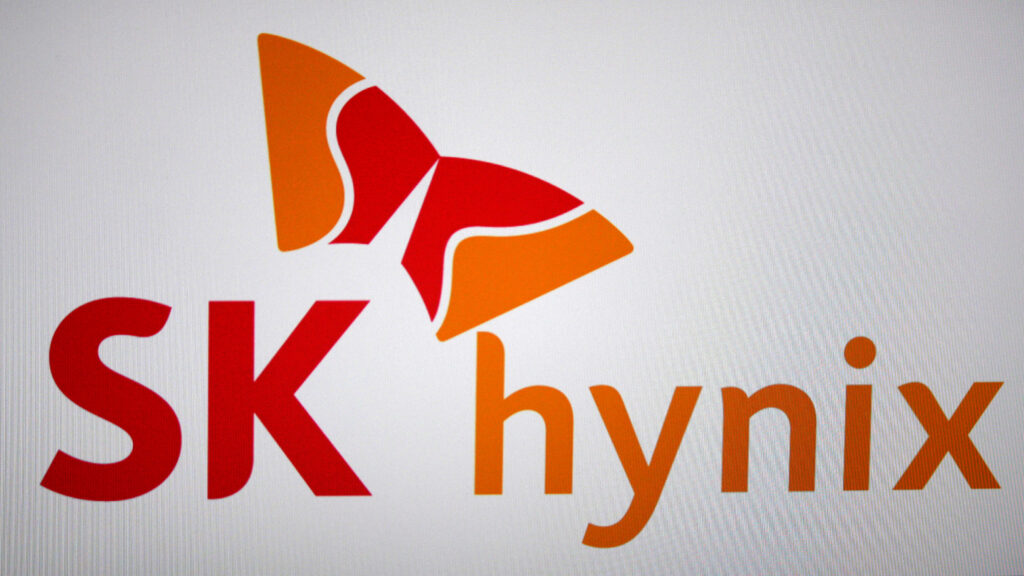
While the size of the artificial intelligence (AI) semiconductor market is expected to grow nine times within about four years, securities experts said that Samsung Electronics and SK Hynix will focus on benefiting from U.S. semiconductor company AMD.
“This week, AMD launched the Instinct MI300 series. 10 companies including Microsoft, OpenAI, Oracle, Dell, and Cisco will adopt MI300X, similar to Nvidia H100,” said Kim Dong-won, a researcher at KB Securities. “According to AMD, the AI semiconductor market is expected to grow nine times in four years from 45 billion dollars this year to 400 billion dollars in 2027.”
Even if HBM’s production capacity is expanded, the supply shortage is expected to continue. As of the fourth quarter of this year, Samsung Electronics and SK Hynix’s HBM production capacity will be increased 2.5 times each compared to the end of this year, and even in this case, the supply shortage is expected to remain. This is because the problem of production yield will arise as the function of new products of △HBM evolves, and the actual production volume is only 705 of the new production capacity, and in the case of Micron, which announced direct production of △HBM3E, verification of production yield is required, so it is estimated that the actual contribution of HBM to the increase in production will be insignificant.

Researcher Kim said, “Samsung Electronics and SK Hynix are expected to supply all of the MI300 series HBM released by AMD. As of December, AMD’s orders for MI300 series are expected to be around USD 2.5 to USD 3 billion, and considering AMD’s AI semiconductor sales forecast ($2 billion) next year, it is estimated that they have already sold out.”
“In particular, considering the launch of new Nvidia products (B100 and H200) in the second quarter of next year, the shortage of HBM supply next year is expected to continue for a while, and Samsung Electronics and SK Hynix are expected to benefit,” he said.
EJ SONG
US ASIA JOURNAL



